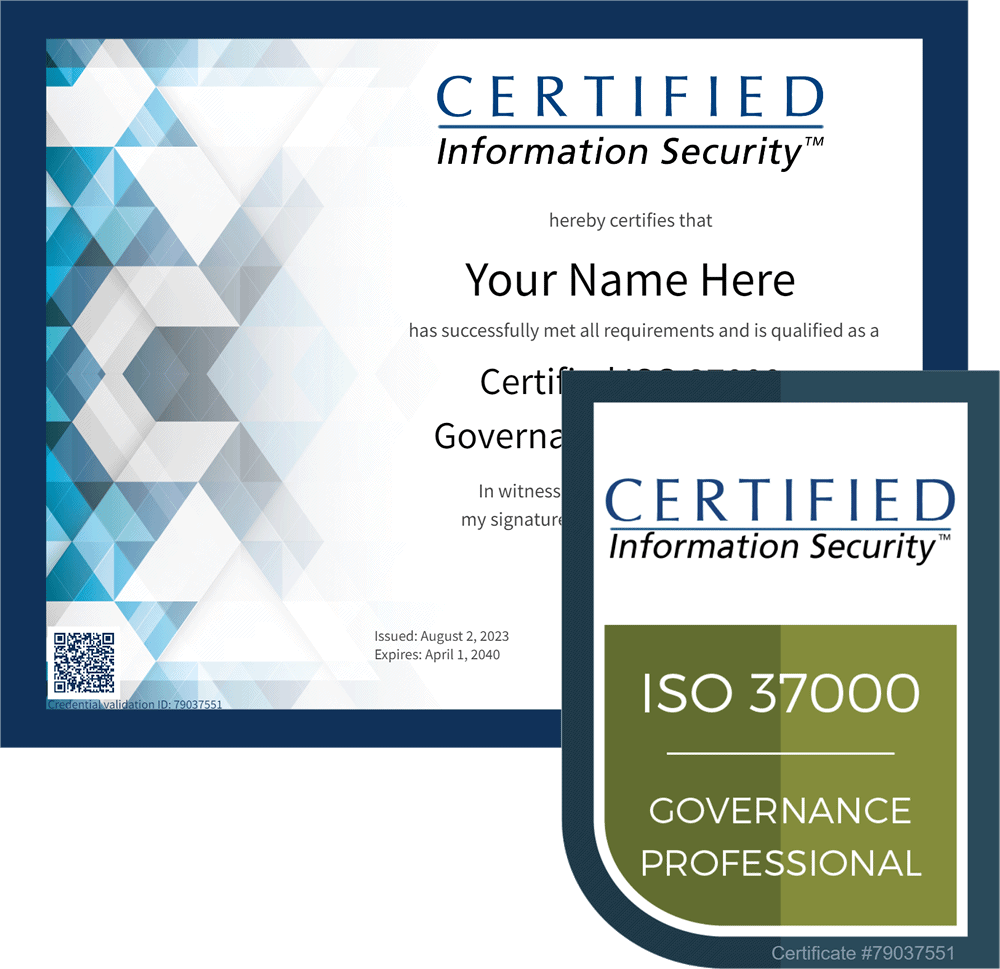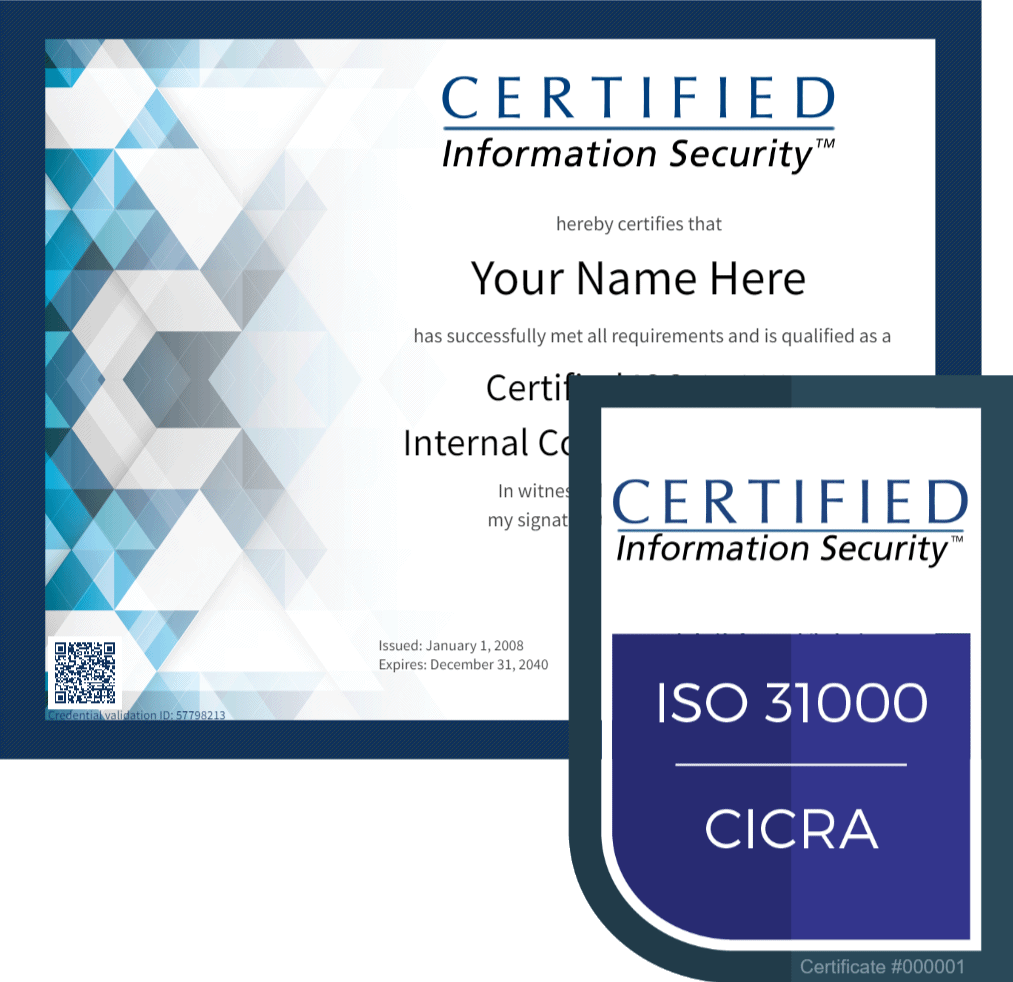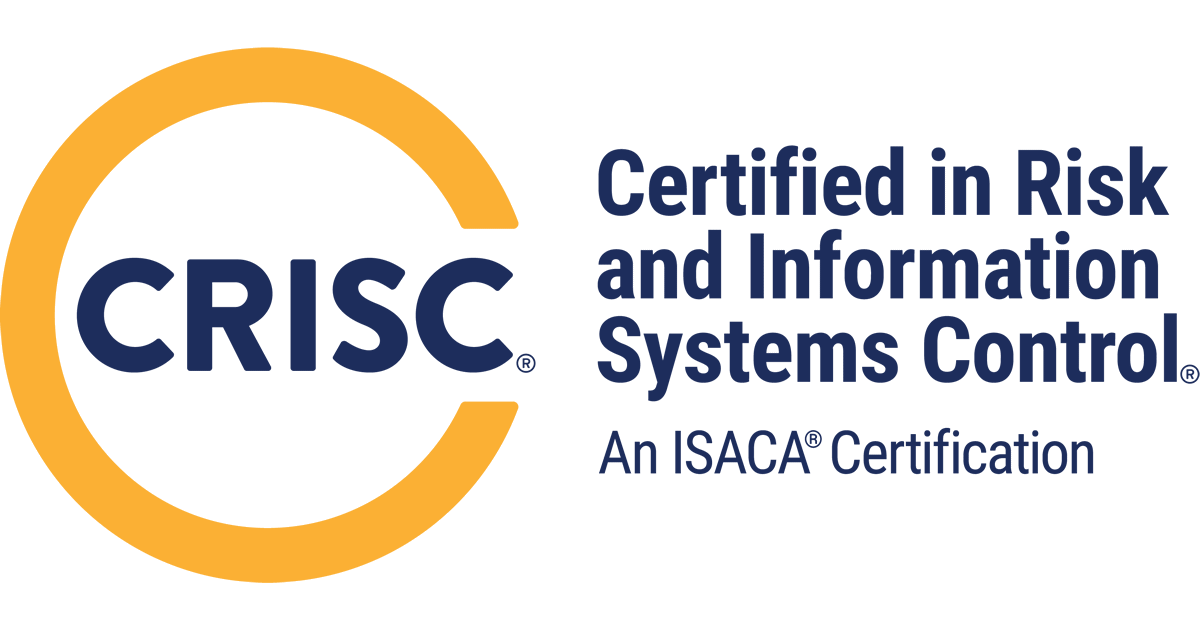ISO 42001 is the first international standard for artificial intelligence management systems (AIMS). It provides a framework for organizations to develop, implement, and maintain responsible AI governance, covering the entire AI lifecycle from development through deployment and monitoring.
Why Organizations Need to Implement this ISO Framework: The Business Case for AI Management Systems
Regulatory and Legal Imperatives
Organizations face an increasingly complex regulatory landscape where AI governance is transitioning from optional to mandatory. The EU AI Act, which began enforcement in 2024, requires systematic risk management for high-risk AI systems. Similar regulations are emerging globally, including proposed US federal AI oversight, China's AI regulations, and sector-specific requirements in finance and healthcare.
This AI Management System ISO standard provides the systematic framework organizations need to demonstrate compliance with these evolving requirements. Without structured AI governance, organizations risk significant regulatory penalties, legal liability, and operational restrictions. The standard creates the documented processes and evidence trail necessary to satisfy regulatory expectations and legal due diligence requirements.
Risk Management and Liability Protection
AI systems introduce unique risks that traditional IT governance doesn't adequately address. Algorithmic bias can result in discriminatory outcomes, exposing organizations to litigation and reputational damage. Model drift can cause performance degradation, leading to business disruption. Data quality issues can produce unreliable decisions affecting customers and operations.
ISO 42001 establishes systematic approaches to identify, assess, and mitigate these AI-specific risks. Organizations implementing the standard report significant reduction in AI-related incidents and improved ability to detect and respond to AI system failures before they impact business operations or stakeholder trust.
Stakeholder Trust and Market Confidence
Customers, partners, and investors increasingly demand transparency and accountability in AI use. High-profile AI failures have created market skepticism about organizational AI capabilities. Implementing ISO 42001 demonstrates commitment to responsible AI practices, providing third-party validation of AI governance maturity.
This is particularly critical for organizations in regulated industries, government contractors, or those serving enterprise customers who require assurance about AI risk management. ISO 42001 certification often becomes a differentiating factor in competitive evaluations and partnership decisions.
Operational Excellence and AI ROI
Many organizations struggle to realize expected returns from AI investments due to poor governance and management practices. AI projects fail at high rates due to inadequate risk assessment, insufficient monitoring, and lack of systematic lifecycle management.
ISO 42001 provides the operational framework to improve AI project success rates through structured development processes, systematic risk assessment, and continuous monitoring. Organizations report improved AI system performance, reduced deployment times, and better alignment between AI initiatives and business objectives.
Supply Chain and Vendor Management
Modern organizations rely heavily on third-party AI services, embedded AI capabilities, and AI-enabled suppliers. Without systematic vendor AI governance, organizations inherit unknown risks from their supply chain. Recent incidents involving AI service providers have demonstrated how third-party AI risks can cascade throughout customer organizations.
ISO 42001 requires systematic supplier AI risk management, including vendor assessment, contractual requirements, and ongoing monitoring. This protects organizations from supply chain AI risks while enabling confident adoption of third-party AI capabilities.
Future-Proofing and Competitive Advantage
AI governance requirements will only increase as the technology matures and regulations evolve. Organizations implementing ISO 42001 now position themselves advantageously for future requirements rather than reacting to regulatory changes.
Early adopters often gain competitive advantages through improved AI capabilities, enhanced stakeholder confidence, and better risk management. As AI governance becomes table stakes for market participation, organizations with mature AI management systems will be better positioned for growth and market opportunities.
Integration with Existing Risk Management
Most organizations already have risk management, quality management, or information security management systems. ISO 42001's structure aligns with other ISO management system standards, enabling efficient integration with existing governance frameworks rather than creating parallel systems.
This integration leverages existing organizational capabilities while extending governance to address AI-specific risks. Organizations avoid duplication of effort while ensuring comprehensive risk coverage across all business activities.
Incident Response and Crisis Management
AI system failures can have significant business impact, from customer service disruptions to regulatory investigations. Without systematic AI governance, organizations struggle to respond effectively to AI-related incidents, often leading to extended business disruption and reputational damage.
ISO 42001 requires systematic incident response capabilities specific to AI systems, including detection procedures, escalation processes, and stakeholder communication. This enables rapid response to AI incidents while maintaining business continuity and stakeholder confidence.
Measurement and Continuous Improvement
Many organizations deploy AI systems without adequate performance monitoring or improvement processes. This leads to degrading AI performance over time, missed optimization opportunities, and inability to demonstrate AI value to leadership.
ISO 42001 requires systematic monitoring and measurement of AI system performance, enabling organizations to continuously optimize their AI investments while demonstrating clear business value from AI initiatives.
Executive and Board Oversight
Board members and executives increasingly face questions about organizational AI governance and risk management. Without systematic AI management, leadership lacks the visibility and assurance necessary for informed decision-making about AI investments and risks.
ISO 42001 provides the governance structure executives need to exercise appropriate oversight of AI activities while demonstrating due diligence to stakeholders. This includes systematic reporting, risk escalation procedures, and performance measurement that supports strategic AI decision-making.
The fundamental driver for ISO 42001 is that AI governance is no longer optional for organizations using AI systems. Whether driven by regulatory requirements, risk management needs, stakeholder expectations, or competitive considerations, organizations need systematic approaches to AI management. ISO 42001 provides the proven framework to achieve these objectives while positioning organizations for success in an AI-driven business environment.
 A PDF certificate for 16 CPE credit hours is awarded upon successful course completion.
A PDF certificate for 16 CPE credit hours is awarded upon successful course completion.![]()

















